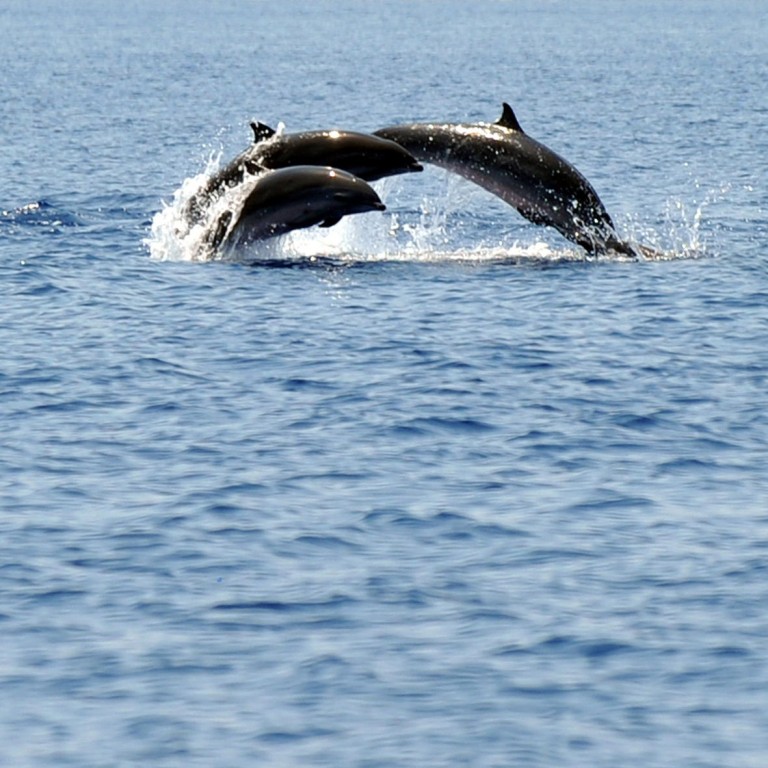
Most marine parks don't protect aquatic life, say Australian researchers
Experts say many protected zones differ little from nearby openly fished areas
Most of the world's protected marine areas are failing to properly protect aquatic life, with many showing few differences from neighbouring areas that are openly fished, an Australian-led study has found.
University of Tasmania research of 87 protected areas in 40 countries showed the best marine parks had eight times more large fish and 14 times more sharks than fished areas.
But the research found that 59 per cent of the marine parks studied were "not ecologically distinguishable from fished sites".
Researchers identified five key traits of a well-managed marine park - no fish take, well enforced, established for longer than 10 years, larger than 100 square kilometres and isolated by deep water or sand.
Only marine parks with four or all five of these criteria were effectively boosting conservation values, the study found. Among the 26 marine areas studied in Australia, the only place with all five key traits was Middle Reef near Lord Howe Island.
The six-year study concluded that while the number of marine protected areas (MPAs) was increasing rapidly, the benefits generated were "difficult to predict and under debate".
"MPAs often fail to reach their full potential as a consequence of factors such as illegal harvesting, regulations that legally allow detrimental harvesting, or emigration of animals outside boundaries because of continuous habitat or inadequate size of reserve," the paper states.
"Our results show that global conservation targets based on area alone will not optimise protection of marine biodiversity. More emphasis is needed on better MPA design, durable management and compliance to ensure that MPAs achieve their desired conservation value."
Professor Graham Edgar, lead author of the report at the University of Tasmania's Institute of Marine and Antarctic Studies, said that poor-quality marine parks needed to be "retrofitted" to ensure they properly protected underwater life.
"Given the huge changes now occurring out of sight under water, and our poor knowledge of exactly what is happening and how best to deal with the various threats individually, the need for protected areas that safeguard whole communities of marine species has never been greater," he said.
"What we do know is that numbers of many Australian marine species have collapsed since European settlement, including some that have disappeared."
